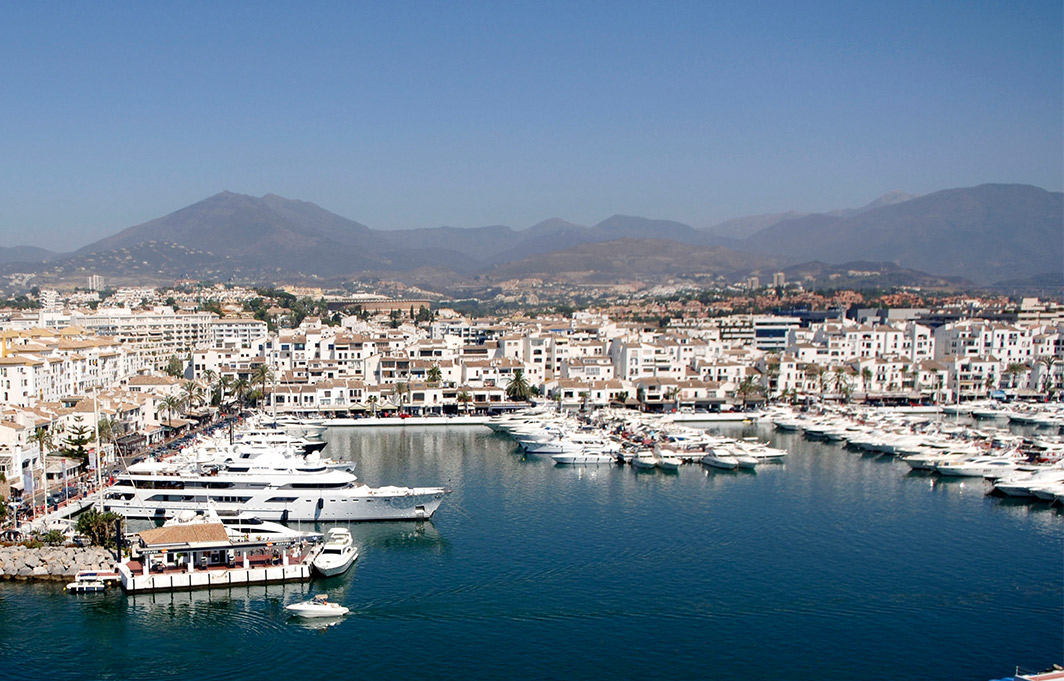Spain never lost her flawless azure skies.
The beaches remained as inviting as ever, the vistas as breathtaking and the welcome as warm.
Just one fragile commodity – confidence - has been temporarily absent in recent years.
But now Spain is back: her economy is picking up, lenders are lending and buyers are once again realising what makes Spain such a fabulous place to buy property.
The prime end of the sector has been the first to feel the effects, and the latest 2015 numbers from the General Council of Notaires, based on actual transactions, make interesting reading. Overall September sales were up by 8.7%, house prices up by 1.7%, and new mortgage loans by 17.4%. This chimes with a healthy growth in Spanish GDP for 2015, measured at 3.1% by the EU.
With its seven double bedrooms and seven bathrooms, Casa Rosa effortlessly swallows up a party of 14 looking for an indolent, indulgent stay.
Buyers who act now may find they have timed their move perfectly. Prime property, although firming rapidly, is still some 35% below peak values. There are wonderful opportunities to be had, and the continuing strength of sterling only makes Spain more compelling.
Indeed, the FT reported last Autumn that property in Spain “may be attractive now, both in yield terms and for potential capital appreciation”.
BUYING IN SPAIN
As you would expect, Spain has a well-established mechanism for buying property.
- If you’re an EU citizen, buying is straightforward. If you are not, check whether certain restrictions apply to you (such as the time you can spend in Spain).
- All property transactions in Spain are overseen by a Notary. He/she is there to validate the paperwork, check all necessary taxes are paid and register the property with the Spanish Land Registry. However, it is not the Notary’s role to give you legal advice or represent you.
- Appoint a fully independent lawyer who speaks your language as well as Spanish, and who has no connection to the selling parties. The local town hall, the nearest British Embassy or online research can help you find one. Your lawyer will check that you are buying from the legal owner; whether there are existing mortgages on the property; if it complies with building regulations; and if there are developments that might affect you.
COSTS
In addition to the purchase price, buyers should allow a further 10-15% for additional fees and taxes. These may include:
- Your proportion of the Notary’s fees, according to a tariff set by law. Allow for a sum of 0.5% – 1% of the price declared in the deeds.
- The fees of your ‘abogado’ (your own lawyer). These will depend on the complexity of the purchase, but €1500 - €3000 is a guide figure.
The Land Registry fee of around 1% of the sale value. - A local capital gains tax, reflecting the gain in value of the property when it is sold, is paid by the seller. However, if that seller is non-resident in Spain and fails to pay it, be aware that the burden can fall on you as the buyer. Ongoing taxes include a local wealth tax (after a free allowance of €700,000) and a local property ownership tax.
The above is intended as a broad guide only and should not be construed as advice. It is essential that buyers seek independent legal and taxation advice on every aspect of their purchase.
